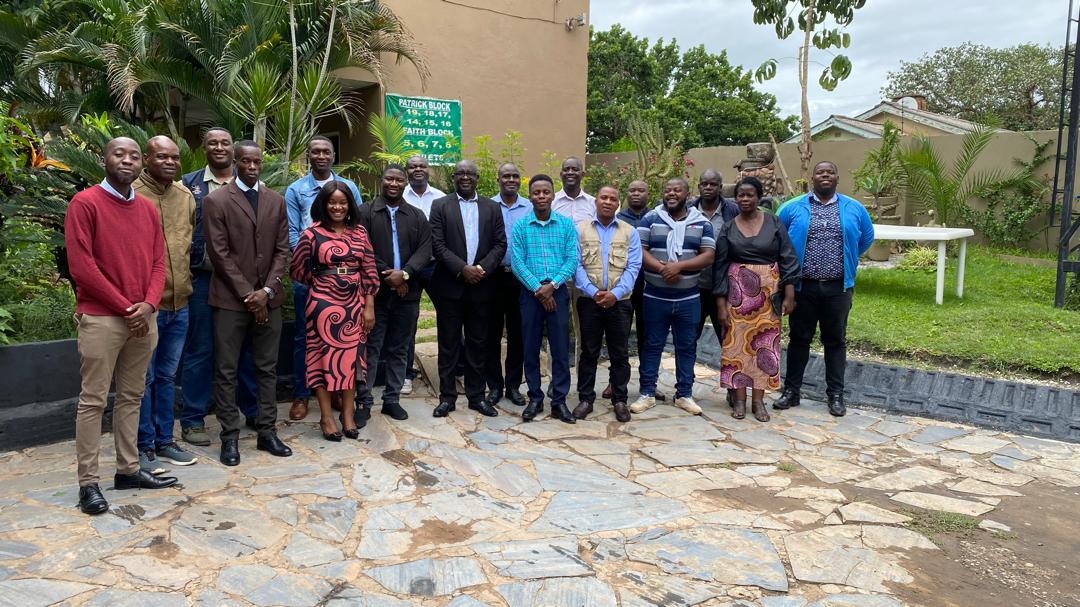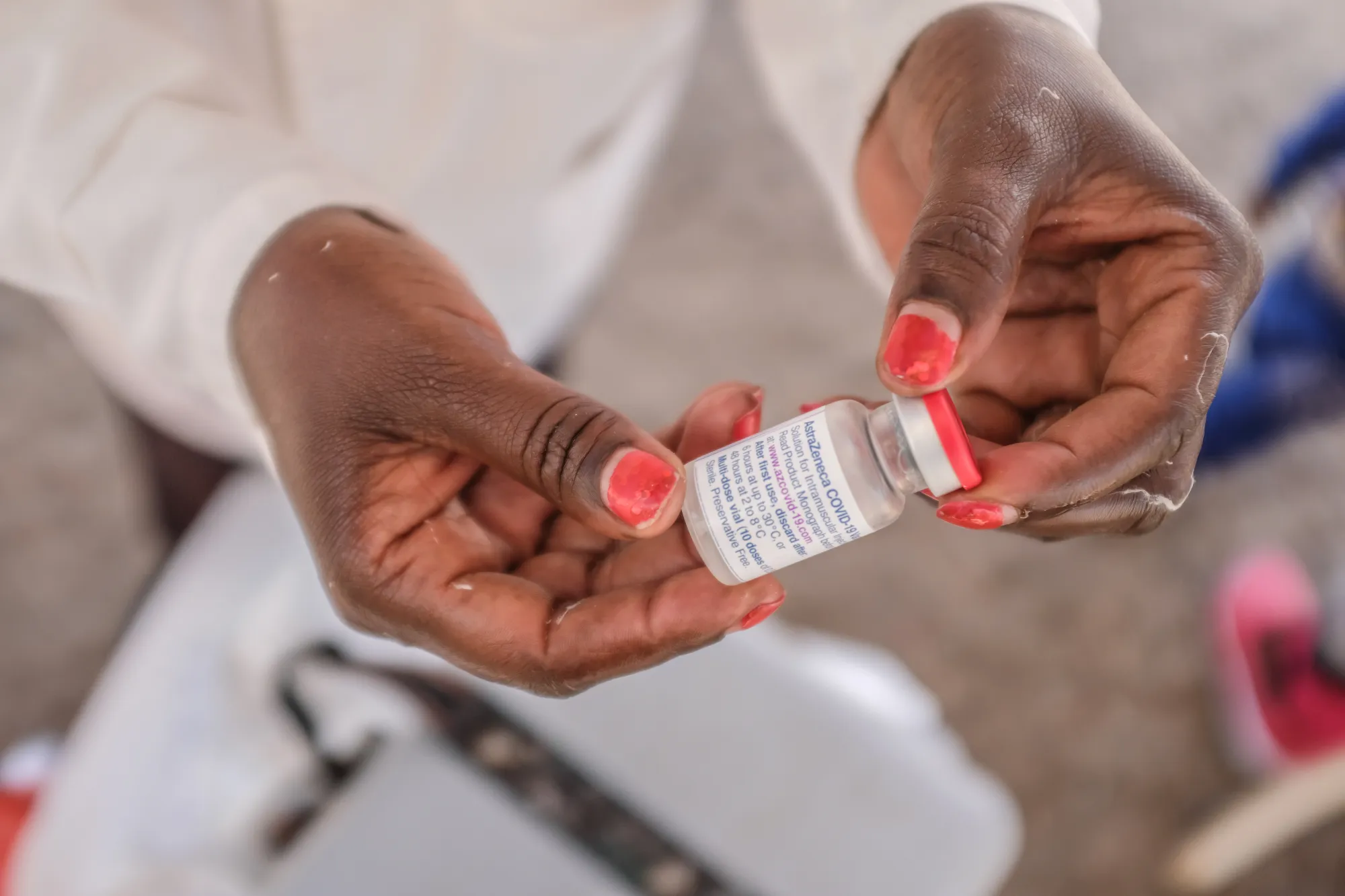On Friday 7th October, 2022 the Zambia National Public Health Institute (ZNPHI) supported by the East Central and Southern Africa Health Community (ECSA-HC) held an Antimicrobial Resistance (AMR) policy formulation meeting in Lusaka during which the results of the Global Research on Antimicrobial Resistance (GRAM) project by the University of Oxford were discussed.
The Global Research on Antimicrobial Resistance (GRAM) at the University of Oxford determined the number of deaths brought on by and related to AMR for 204 countries and territories and reported for 21 global regions and seven super-regions. AMR was reported to have been associated with 4.95 million fatalities worldwide in 2019 and to have been directly responsible for 1.27 million of those deaths. In contrast, it was projected that HIV/AIDS and malaria contributed to 860,000 and 640,000 deaths, respectively, in 2019.
According to Professor Chilengi Sub-Saharan Africa recorded the greatest burden of resistant bacterial infections which accounts for 255,000 of the 1.27 million deaths. He added that if no measures are put in place by 2050, there would be more than 10 million AMR deaths and 28.3 million more people living in poverty.
Professor Chilengi announced, as part of remedial measures, Zambia joined a list of 38 other African countries with an AMR National Actional Plan by developing its own 10-year multi-sectoral AMR National Action Plan.
“Through this multi-sectoral Antimicrobial Resistance (AMR) National Action Plan, Zambia has implemented various activities to fight AMR through a One Health approach, focusing on the five global action plan objectives,” Professor Chilengi said during the meeting. Additionally, Professor Chilengi called for the development of the National AMR Policy Framework to guide the implementation of the activities across sectors.
East Central and Southern Africa Health Community (ECSA-HC) Senior Control Officer Dr Evelyn Wesangula highlighted AMR as a growing public health threat and proclaimed the Community’s keen stance on supporting the global response and commitments aimed at addressing antimicrobial resistance. Dr Wesangula also called on the countries in the region to actualise their National Antimicrobial Resistance Plans.
In closing recommendations, Antimicrobial Resistance National Coordinator Dr Joseph Chizimu expressed concern on the unavailability of policies and guidelines for AMR in developing countries. He urged investment in human resource for AMR aimed at addressing some of the hurdles currently being faced.








